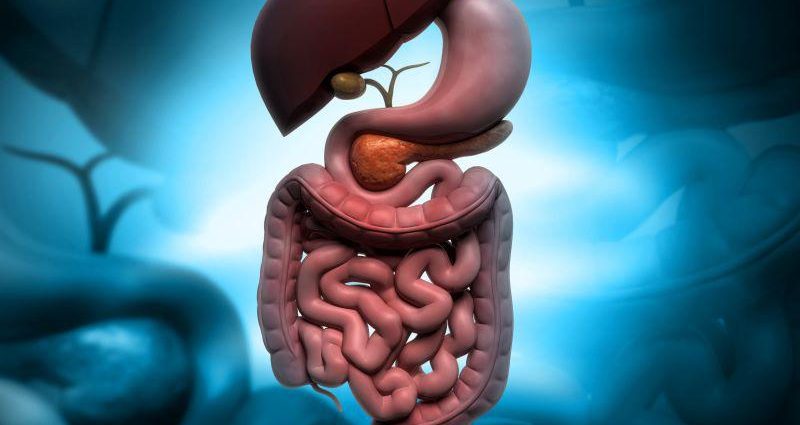THURSDAY, Dec. 7, 2023 (HealthDay News) — A certain organ or organs might be growing old faster than the rest of a person’s body, placing them at increased risk for disease and death, a new study suggests.
About one in every five reasonably healthy people aged 50 or older are walking around with at least one organ aging at an accelerated rate, researchers report in the Dec. 6 issue of the journal Nature.
That sounds bad, but it also opens up an opportunity for better health, researchers argue.
A simple blood test might tell which organs in a person’s body are aging rapidly, so doctors can start treating potential diseases related to that organ before any symptoms arise, they said.
“We can estimate the biological age of an organ in an apparently healthy person,” said senior researcher Tony Wyss-Coray, a professor of neurology at the Stanford University School of Medicine. “That, in turn, predicts a person’s risk for disease related to that organ.”
For the study, Wyss-Coray and colleagues examined nearly 5,700 people, using a sophisticated array of biomarkers to imply distinct “biological ages” for 11 key organ systems or tissues within them.
These included the heart, fat, lungs, immune system, kidney, liver, muscle, pancreas, brain, blood vessels and intestines.
These “biological ages” are often different from the actual number of years that have passed since a person’s birth, Wyss-Coray said.
Researchers found that more than 18% of people 50 and older had at least one organ aging significantly more rapidly than the average, Wyss-Coray said.
“We found that these individuals are at heightened risk for disease in that particular organ in the next 15 years,” Wyss-Coray added in a Stanford news release.
Only about 1 in 60 people had two organs that were rapidly aging, but they had 6.5 times the risk of death than someone without any such organs, results showed.
The researchers then started looking for proteins in the blood that might indicate a rapidly aging organ. They focused their search on proteins whose genes were four times more highly activated in one specific organ compared to all others.
Researchers found nearly 900 such organ-specific proteins, and then used an AI program to pick proteins that best correlated with accelerated biological aging.
They then used the proteins to zero in on each of the 11 organ systems and tissues, coming up with an “age gap” between the person’s age and the estimated biological age of the organs.
Age gaps for 10 of the 11 organs and tissues studied were significantly associated with future risk of death during 15 years of follow-up, researchers found. The only exception was the intestines.
Having an organ aging faster than the rest of the body carried a 15% to 50% higher risk of death over the next 15 years, depending on which organ was affected.
People with rapidly aging hearts had 2.5 times as high a risk of heart failure as people with normally aging hearts, even if they had no active disease or clinical risk factors, results showed.
Likewise, people with “older” brains were 1.8 times more likely to show thinking declines within five years as those with normally aging brains.
Accelerated aging of the brain or blood vessels predicted risk of Alzheimer’s disease as well as the best existing biomarkers, researchers found.
Rapidly aging kidneys were tied to high blood pressure and diabetes risk, and extremely aging hearts were linked to risk of atrial fibrillation and heart attack, results show.
The researchers plan to expand their study to include more people, which will add weight to what they’ve found.
“If we can reproduce this finding in 50,000 or 100,000 individuals, it will mean that by monitoring the health of individual organs in apparently healthy people, we might be able to find organs that are undergoing accelerated aging in people’s bodies, and we might be able to treat people before they get sick,” Wyss-Coray said.
More information
Northwestern Medicine has more about biological versus chronological age.
SOURCE: Stanford Medicine, news release, Dec. 6, 2023
Copyright © 2026 HealthDay. All rights reserved.

